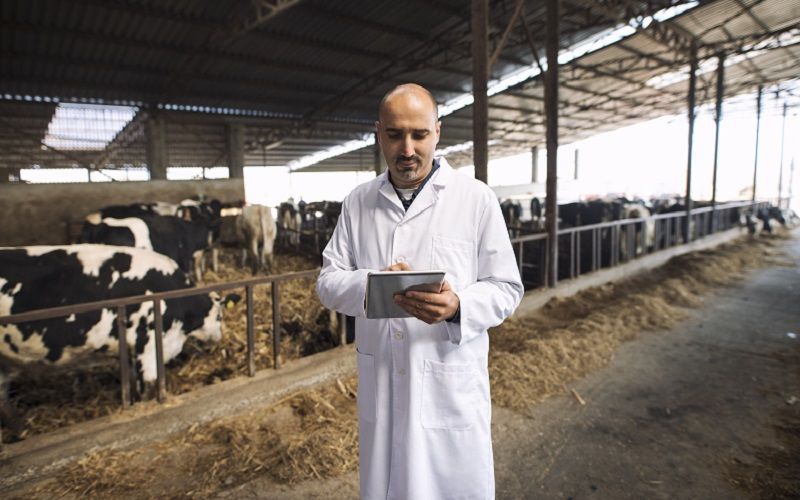Avian Influenza Outbreak Spreads to Riverside County Farms Amid U.S. Concerns

At least 23 dairy and poultry farms in Riverside County have tested positive for Avian influenza, or bird flu, the virus responsible for outbreaks in several regions across the United States, according to local health officials.
No human cases have been identified in Riverside County, but the Riverside University Health System has urged residents to exercise caution as commercial agriculture facilities and wildlife become increasingly exposed to the virus. The warning follows the death of a patient in Louisiana, who was the first human case of the H5N1 virus reported this month, as confirmed by state health officials.
The U.S. Centers for Disease Control and Prevention (CDC) stated that fatalities from this virus are "not unexpected" given its "known potential" to cause severe symptoms, illness, and even death. The severity of an illness can vary based on factors such as viral genetic changes and exposure levels, according to the CDC.
Since last year, the U.S. has recorded 66 confirmed human cases of bird flu, and there have been a total of 67 cases since 2022, according to U.S. health officials. The Riverside University Health System has confirmed there has been no person-to-person transmission of the virus within the country.
How the virus is spread
- Contact with the eyes, nose, and mouth with unwashed hands after exposure to contaminated surfaces or handling sick or dead animals.
- Inhaling droplets or dust contaminated with the virus.
- Consuming unpasteurized raw milk and dairy products.
Tips for preventing exposure
- Wash hands immediately after animal contact and avoid touching eyes, nose, or mouth thereafter.
- Wear protective clothing and footwear when working with animals, changing clothes, or showering after exposure.
- Stay in outdoor or well-ventilated areas while handling animals.
- Utilize personal protective equipment such as an N95 respirator when dealing with potentially infected animals.









